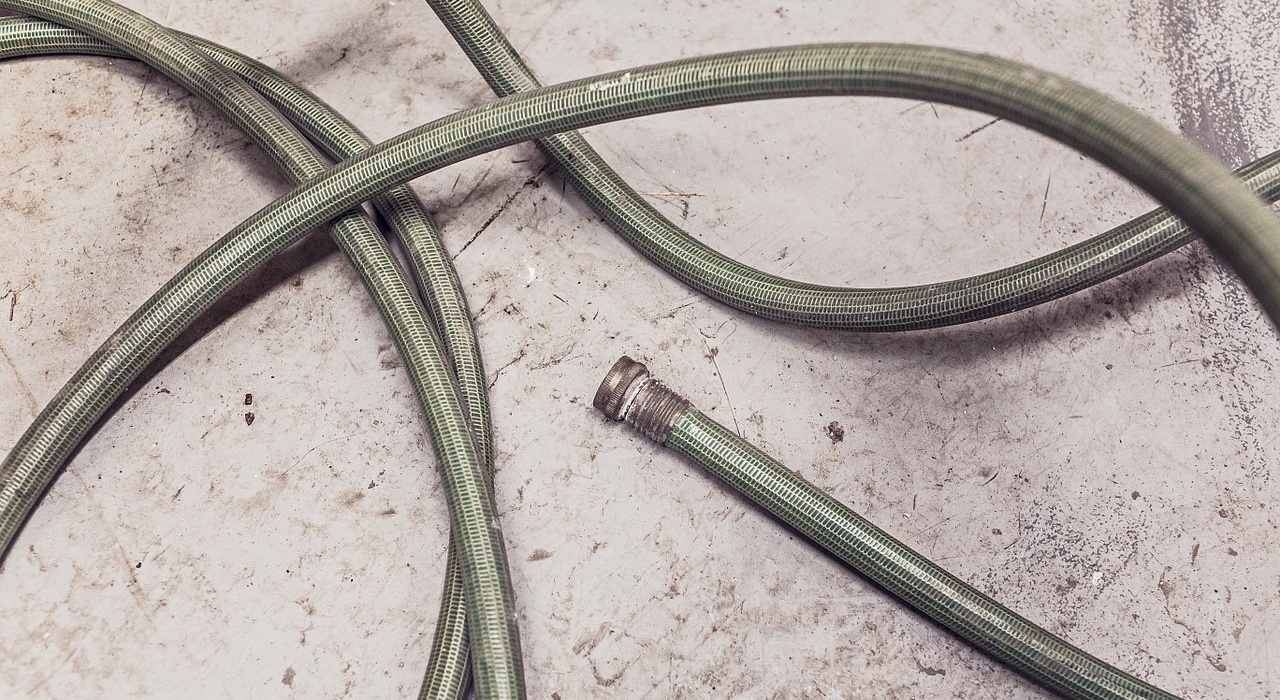
Niazi Licensing Corp. v. St. Jude Med. S.C., No. 2021-1864 (Fed. Cir. Apr. 11, 2022), is a recent decision of the Federal Circuit considering, inter alia, the definiteness of descriptive words (or terms of degree) in a claim.
The claim at issue recited:
A double catheter, comprising:
an outer, resilient catheter having shape memory and a hook shaped distal end configured for cannulation of the coronary sinus with at least one curved bend;
an inner, pliable catheter slidably disposed in the outer catheter and of greater length than the outer catheter…
The district court found that the terms “resilient” and “pliable” rendered the claim invalid as indefinite. The Federal Circuit disagreed and reversed.
The Federal Circuit began by noting that, while terms of degree in a claim may inherently result in broader claim scope, a claim is not indefinite just because it is broad. However, terms of degree will render a claim indefinite when the intrinsic evidence (or extrinsic evidence, when relevant and available) provides insufficient guidance as to any objective boundaries for the claim – i.e., when claim scope is “purely subjective.”
With respect to the term “resilient,” the Federal Circuit found that the claim itself provided guidance with respect to the meaning of the term by requiring that the outer catheter have “shape memory.” Dependent claims further indicated exemplary materials that could be used to make the outer catheter. Likewise, the specification indicated that the outer catheter should have “sufficient shape memory to return to its original shape when un-distorted.” Although the Federal Circuit indicated that reliance on extrinsic evidence was not necessary, dictionary definitions were consistent with the claims and specification. Thus, the Federal Circuit concluded that a skilled artisan reading the claims and specification would know of exemplary materials that can be used to make a resilient outer catheter, i.e., one that has shape memory and stiffness such that it can return to its original shape.
As to “pliable,” the claim language was not as illuminating, but the specification indicated that, relative to the outer catheter, the inner catheter “is constructed of a more pliable, soft material such as silicone.” Dictionary definitions, again, were consistent with the specification. The Federal Circuit found that a skilled artisan would have understood that the inner catheter is made of a more flexible material than the outer catheter.
Thus, the Federal Circuit concluded that the intrinsic and extrinsic record provided objective boundaries by which a skilled artisan could determine the scope of the claims. The terms “resilient” and “pliable” were determined not to be “purely subjective terms,” resulting in a variable claim scope depending on the particular eye of any one observer.
Takeaway: Terms of degree in a claim can be troublesome during prosecution – an examiner can easily make a rejection, and a response proving “objective boundaries” can be difficult. However, if a term of degree cannot be deleted, the Niazi decision provides some suggestions for responding to an assertion of indefiniteness. Any indications of the scope of the term from the claims and specification can be supplemented with evidence (literature, opinion declaration, etc.) of how a skilled artisan would view the term. Although not explicitly stated in the Niazi decision, the court’s reasoning suggests that an explanation of why terms do not overlap in scope can be particularly persuasive.
Judges: Taranto, Bryson, Stoll
by Jacob Doughty
Jacob A. Doughty is a patent attorney and founding partner of Element IP. Jacob’s practice includes all areas of US patent law with an emphasis on patent prosecution and management, client counseling, opinion work, and due diligence in the chemical, pharmaceutical, and biotechnology sectors.
